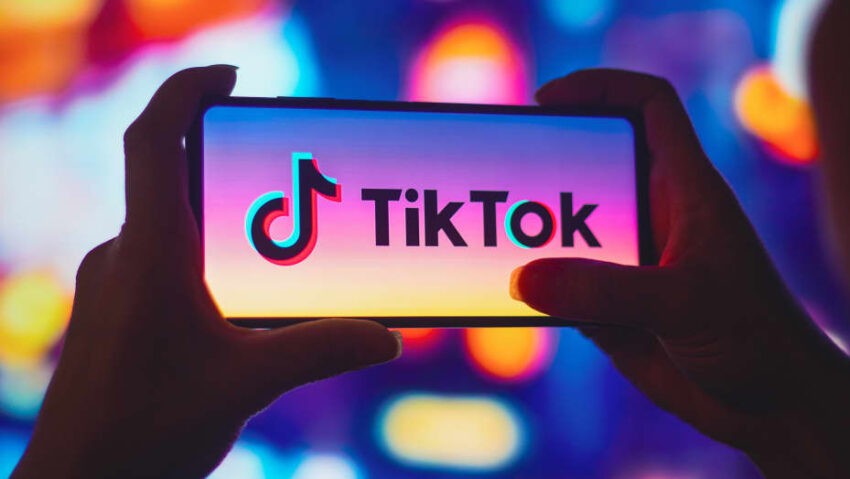Ever since its inception by Chinese tech giant ByteDance, TikTok has emerged as a global sensation, captivating millions of users worldwide. However, behind its skyrocketing popularity lies a trail of controversies surrounding privacy breaches and data misuse.
In 2018, ByteDance acquired and rebranded the app Musical.ly, laying the foundation for TikTok’s global conquest. Yet, despite its success, the platform has faced consistent scrutiny for its alleged involvement in spying, data tracking, and propaganda.
Recent developments have only intensified concerns over TikTok’s privacy practices. The platform faced backlash from the U.S. Congress, suspecting TikTok of diverting user data. Similarly, the UK Information Commissioner’s Office (ICO) fined TikTok a staggering £12.7 million for misusing children’s data.
These issues are not new to TikTok. Prior to this, the platform faced accusations of breaching safety laws and compromising user privacy. Particularly, the app’s Chinese origins raised alarms, with countries like the U.S. and India expressing apprehension regarding potential data collection and surveillance by the Chinese government.
In response to these concerns, the U.S. government initiated a security review in 2019, prompted by lawmakers from both the Republican and Democrat parties. India even went so far as to ban TikTok twice, citing inappropriate content dissemination and data theft.
The laundry list of allegations against TikTok includes spying, data theft, propaganda, censorship, and a biased algorithm. The most recent accusation revolves around the platform’s failure to protect children’s privacy, leading to the ICO’s substantial fine.
According to BBC News, TikTok allowed an estimated 1.4 million children under the age of 13 to use the platform in the UK, blatantly disregarding child safety laws. ICO Commissioner John Edwards condemned TikTok’s negligence, emphasizing that laws exist to safeguard children in the digital realm as well.
TikTok’s claim of investing heavily in preventing underage usage fails to outweigh the accusation that they collected and utilized personal data from minors without proper parental consent. This flagrant violation of child safety laws raises concerns about the potential exposure of children to inappropriate and harmful content.
Financial Implications and Future Prospects
Amidst these controversies, TikTok’s financial landscape faces uncertainty. The ICO’s substantial fine signifies the growing regulatory scrutiny surrounding data privacy, which could have broader implications for the platform’s operations and revenue streams.
Furthermore, the negative publicity surrounding TikTok’s privacy issues may impact user trust and advertiser confidence. Brands and businesses might reconsider their partnerships with the platform, potentially leading to a decline in advertising revenue.
Looking ahead, TikTok must prioritize addressing privacy concerns to restore trust among users, regulators, and investors. Implementing robust safeguards, transparent data practices, and stricter age verification measures will be crucial steps in mitigating future controversies and strengthening the platform’s integrity.
In conclusion, TikTok’s journey from a viral sensation to a magnet for privacy concerns and financial implications highlights the delicate balance between innovation, user privacy, and regulatory compliance. As the platform navigates these challenges, the world watches closely to see how TikTok will adapt and evolve in an era of heightened scrutiny over data privacy and security.
Note: This article is for informational purposes only and does not constitute financial advice.




